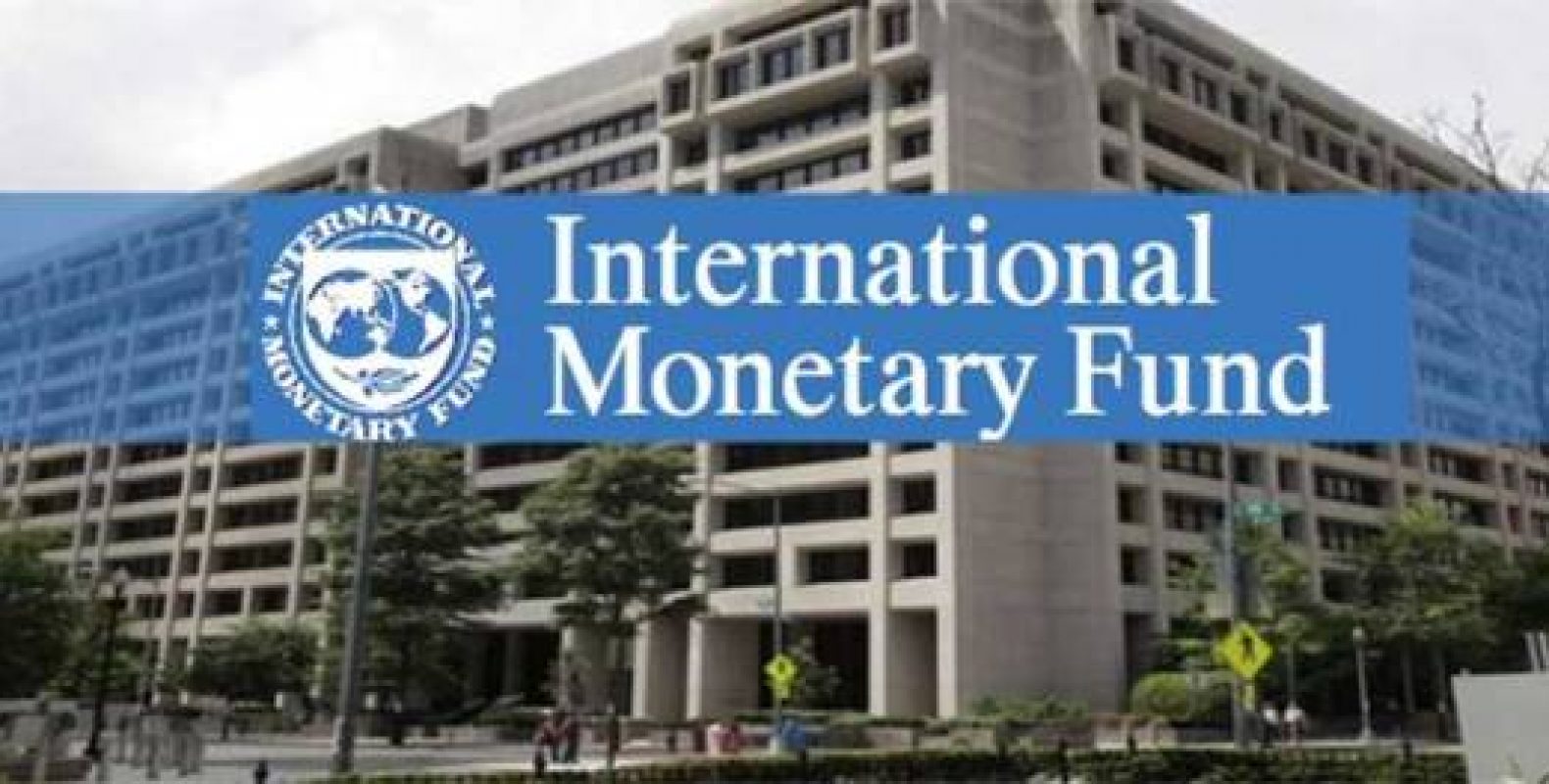The International Monetary Fund has told Kenya that it must reduce its alarming fiscal deficit, ensure a sustainable public debt regime and abolish the interest rates cap to put the economy back on a strong footing.
This came at the conclusion of Article IV Consultations on Kenya by a team from IMF, who had been in the country for two weeks. It also came at a time when Kenya unveiled a $24.3 billion budget for the 2018/19 financial year, with a staggering $822.3 million funding shortfall.
National Treasury Cabinet Secretary Henry Rotich has therefore announced austerity measures, with a possible slowdown on development expenditure, something that could have a far-reaching impact on Kenyans.
“Every institution must tighten its belt,” Mr Rotich said when he appeared before the Senate Committee on Finance and Budget. “We have adopted a tighter fiscal framework to reduce expenditure. We have to cut expenditure across the board so that we can match with our revenue.”
According to the IMF team, although Kenya’s economy remains resilient despite a severe drought and a prolonged electioneering period, it is still vulnerable to shocks, which could be precipitated by a huge fiscal deficit, ballooning public debt and credit crunch to the private sector.
Now, Kenya must await the decision of the IMF Executive Board to know the fate of the $1.5 billion standby credit facility that expires on March 13, and which the government wants extended by six months.
The facility, which was approved in 2016, is crucial in cushioning the country against any shocks to balance of payments and the stability of the shilling.
The current account deficit rose to 6.4 per cent of GDP in 2017, from 5.2 per cent in 2016, driven by surging imports, including fuel.
On the positive side, the currency has remained stable and foreign exchange reserves had risen to $7.1 billion at the end of January and are sufficient to withstand near-term external shocks.
“Kenya’s medium-term outlook remains favourable, but headwinds from weak credit growth will weigh on economic activity in the near term,” said Benedict Clements, head of the IMF team.
He added that the IMF expects the Kenyan economy to record a 5.5 per cent growth in 2018, from 4.8 per cent last year.
Although the Bretton Woods institution projects that the annual growth could rise to 6.5 per cent in a couple of years, this will depend on far-reaching reforms, including reducing the fiscal deficit that has raised public debt vulnerabilities, amending interest rate control and taming runaway public debt.
The IMF is pushing Kenya to reduce the fiscal deficit to 7.2 per cent of GDP in the 2017/18 financial year, from 8.8 per cent in 2016/17, and further to 5.7 per cent in FY2018/19.
For this to happen, however, the country must increase revenue collection and contain spending.
But the Kenya Revenue Authority has been struggling to increase revenue collection, only managing to collect $6.9 billion in the first half of 2017/18 financial year, and targeting $7.8 billion in the second half.
In the 2017/18 financial year, the government set the target for the taxman at $16.4 billion.
Source: Theeastafrican



